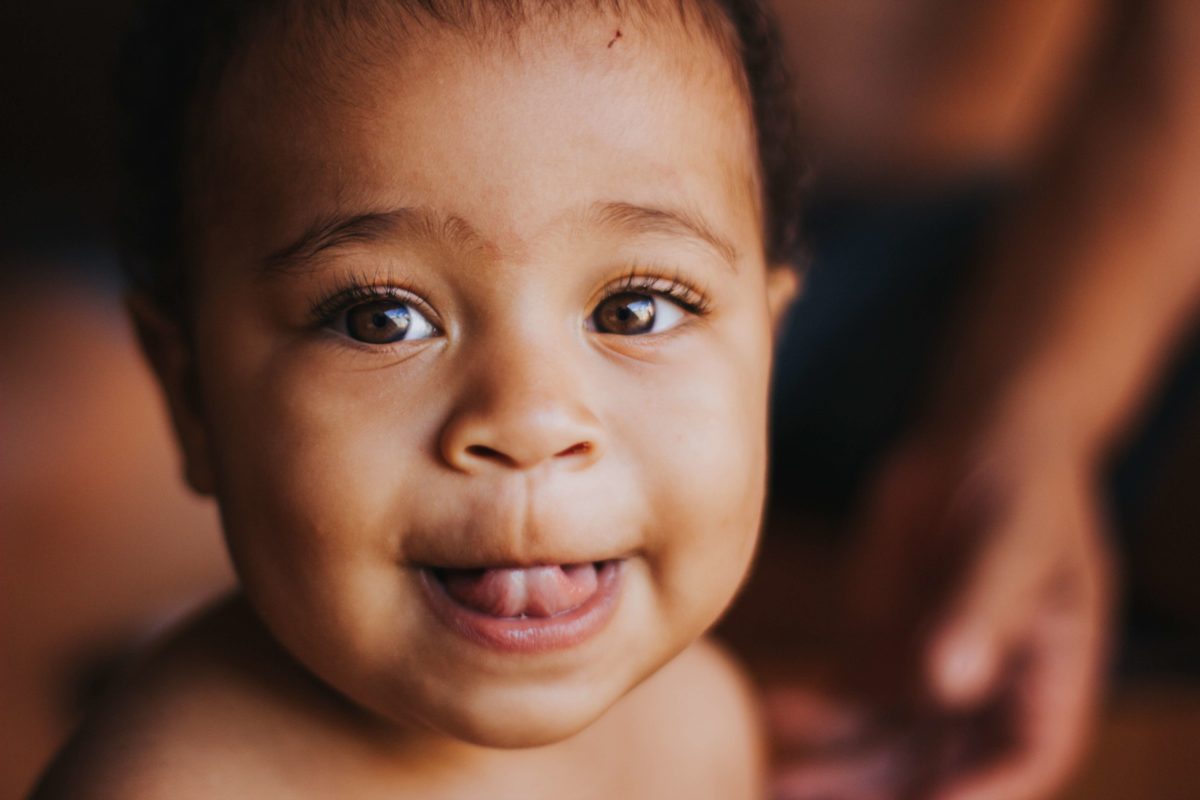Mr and Mrs Okilo paid a visit to Schubbs Dental Clinics where their dentist gave them some good advice on how to take care of baby Ruth’s teeth. They understood that care of Ruth’s new teeth should have started before she was born.
Below, you will find tips you probably never heard of in taking care of your child’s teeth, from tot to teens.
It is our gift to you and your children as we celebrate children’s day this May.
TIPS FOR PARENTS AFTER A BABY IS BORN
When your baby is born, your heart is filled with love and you are thinking of the best ways to care for that child whom you love.
As you care for your infant, you should not leave out the mouth. As your baby grows, appropriate methods for care of his or her teeth also changes.
- Start to build a habit of mouth cleaning twice a day
- Clean the mouth with a soft clean napkin and water, twice a day; no glycerol, no toothpaste, nothing but clean water
- Ask your dentist to teach you correct feeding habits that will not put your child at risk of tooth decay
- Ensure your child gets up-to-date immunization
- Ask your dentist to counsel you on oral habits
- The first tooth usually appears between 6-7 months; brushing should start from that time
- Brush your child’s teeth with an age-appropriate (usually soft-bristle) toothbrush
- Use a children’s toothpaste and ensure it is fluoridated. If your child is less than 3 years, use only a smear of toothpaste. If he or she is between 3 and 6 years, use a rice grain size of toothpaste.
- Growing children are very active, ask your dentist to counsel you on how to prevent injuries and on what to do if an injury occurs to the teeth
- If your child is between 6-9 years old, assist him or her to brush
- If your child is between 9-12 years old, allow him or her to brush but supervise the tooth brushing
- Use a pea size of children’s fluoridated toothpaste
- From about 8 years of age, change the soft-bristle toothbrush to a medium-bristle toothbrush
- At this age, your child can brush on his own or her own
- The child should use a medium-bristle toothbrush. This should continue into adulthood.
- Hard-bristle toothbrushes are not recommended for any age group because they damage the gums and teeth.
FINAL TIPS
- Once your child starts to grow teeth, visit the dentist for scaling and polishing every six months. Your dentist may also give your child fluoride treatments after assessing the fluoride intake.
- Your dentist may carry out preventive dental treatments if your child needs them
- Ask your dentist to teach you the appropriate tooth brushing technique
- Report anything abnormal to your dentist
- See your dentist every six months, even if you have no complaints. This will help the dentist assess your child to see if they are growing just fine.
Happy Children’s Day from all of us at Schubbs Dental Clinics.


